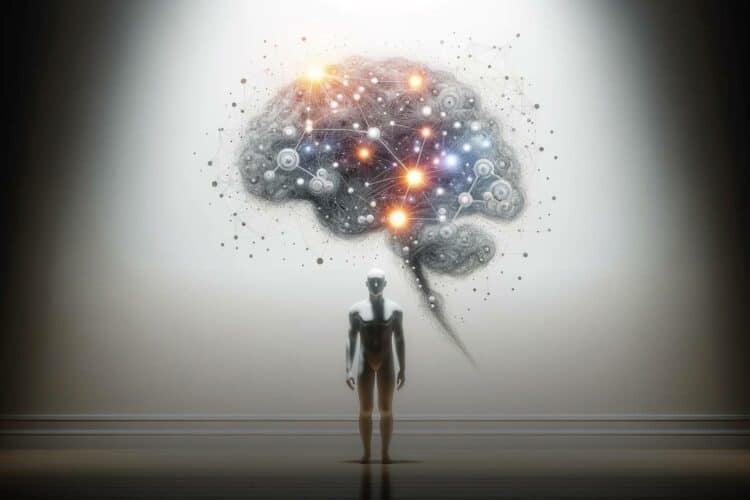Neuroscience, the scientific study of the nervous system, is more than just a topic reserved for academics and researchers.
How neuroscience influences human behaviour and daily habits
It’s a field that touches upon every facet of human behaviour, influencing your decisions, emotions, and daily habits in ways you might not even be aware of.
This article peels back the layers to reveal the hidden influence of neuroscience on your daily habits and behaviours.
The Unseen Guide to Your Daily Choices
Your brain, a marvel of evolution, operates on complex neural networks that guide your every thought and action.
Every habit you form, every decision you make, is rooted in the intricate dance of neurotransmitters and neural pathways. Take your morning routine, for example.
The decision to reach for a cup of coffee is not just a matter of preference but is deeply intertwined with the neuroscience of addiction and reward.
Caffeine stimulates the brain’s reward system, releasing dopamine – the ‘feel-good’ neurotransmitter – which reinforces the habit.
RELATED – Using neurotechnology for better mental health
The Soundtrack of Your Life: Why Certain Songs Linger
Music has a unique hold on our emotions and memories, a phenomenon that can be explained through neuroscience.
When a tune resonates with you, it’s not just the melody you’re responding to but the activation of specific brain regions associated with memory and emotion.
This neural choreography explains why certain songs can evoke strong emotions or transport you back in time to a specific moment.
The Power of Neural Plasticity in Learning and Adaptation
Neuroscience has unveiled the brain’s remarkable ability to change and adapt through a process known as neuroplasticity. This means that your daily interactions and experiences can literally reshape your brain.
Engaging in new activities or learning new skills can forge new neural pathways, demonstrating the brain’s adaptability.
This plasticity plays a crucial role in habit formation and the acquisition of new behaviours, underscoring the dynamic nature of the brain.
ALSO READ – 2024’s top breakthroughs in neurotechnology you probably didn’t know about
The Influence of Neuroscience on Social Interactions
Even your social life is under the influence of neuroscience.
Human interaction and the formation of social bonds are governed by a complex interplay of neurotransmitters like oxytocin, often referred to as the ‘love hormone.’
This chemical plays a crucial role in fostering trust and bonding, influencing how you connect with others. The brain’s mirror neuron system further facilitates empathy and understanding, allowing you to ‘mirror’ the emotions of those around you.
Neuroscience Behind the Screen: The Digital Age and Attention
In the digital age, neuroscience sheds light on how technology impacts our attention spans and information processing.
The constant barrage of notifications and the infinite scroll of social media exploit the brain’s desire for novelty, making it increasingly difficult to focus.
This digital ecosystem shapes our behaviour, nudging us towards shorter attention spans and altering the way we consume information.
Much of your daily behaviour is driven by subconscious processes that operate below the level of conscious awareness.
Neuroscience has begun to unravel the mysteries of the subconscious mind, revealing how it influences your preferences, fears, and decisions.
Understanding these hidden drivers can provide insights into behavioural patterns and how to modify them.






